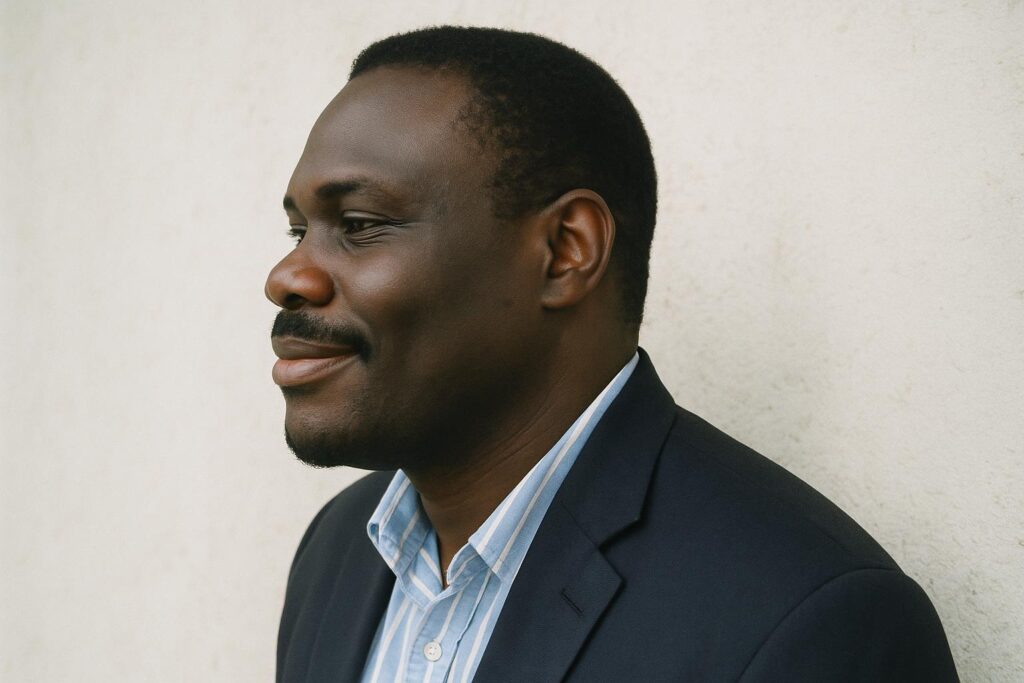UN Address Highlights Progress Claims
Addressing the UN General Assembly on Thursday, Vice-President Josephine Joseph Lagu Yanga painted an encouraging picture of South Sudan, telling diplomats the 2018 peace accord is 60 percent implemented and has ushered in relative calm, voluntary returns and a record 40 percent female representation in government.
Analyst Disputes Peace Metrics
Juba-based policy analyst Boboya James Edmond argued the figures were overly optimistic, warning that sporadic clashes from Upper Nile to Western Equatoria continue to disrupt daily life and undermine confidence in the fragile transitional administration.
Debate Over Women’s Representation
While Lagu celebrated surpassing the 35 percent quota in the peace deal, Edmond countered that women hold no gubernatorial or county commissioner posts and make up, by his estimate, just 15 to 18 percent of senior civil-service roles, far short of the constitutional aspiration.
Refugee Statistics Questioned
The vice-president spoke of citizens returning home, yet Edmond said tens of thousands still cross borders every semester, chiefly into Uganda, Kenya and Ethiopia, with some returnees from Yei reportedly leaving again as insecurity and livelihoods pressures persist.
Fiscal Transparency and Justice Concerns
During the UN address, Lagu cited economic stabilisation efforts; the analyst responded that Parliament has yet to pass the 2023-2024 national budget, and the promised hybrid court for war crimes remains outstanding, raising questions over accountability and financial stewardship.
Online Reactions and Political Stakes
Within hours, South Sudanese social media feeds were alive with fact-checking threads and memes, illustrating how diaspora and domestic audiences now scrutinise official narratives in real time, a trend observers say could shape campaigning as the transitional period edges toward scheduled elections.
Balancing Optimism and Reality
Diplomats note that both the government’s optimism and the analyst’s caution hold elements of truth; the peace deal has reduced large-scale fighting, yet technical chapters on security reform, constitutional drafting and justice still await full funding and political compromise.


